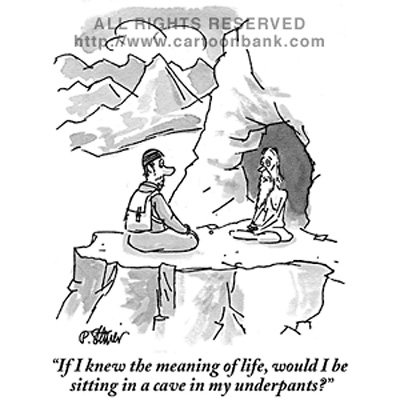Garden: 1
I've been meaning to start again. And I mean, for years I've been meaning to start again. Probably every time I walked past the one remaining garden area (the other was turned over to something else), I'd think, "I should get that cleaned up and planted again."
A few weeks ago I made a start, and sprayed the area with herbicide (shudder all you like, organics; the place was so seriously overgrown it was scary to even look at). And on the weekend I finally got in there and started clearing.
Looking south:


Looking north:


I'm planning to post updates here as a way to prod myself into continuing, and also as a way to record progress. This form of motivation had some outstanding success with my philosophy studies, you might recall: the start, the end. (The maths lessons have been here since February, by the way. I avoided telling you because so far I've avoided looking at them.)
The point is: I made a start on the garden. This is good. Yay.






